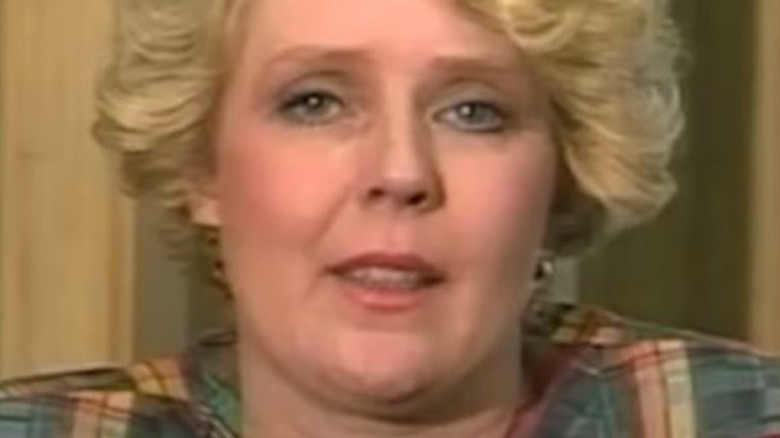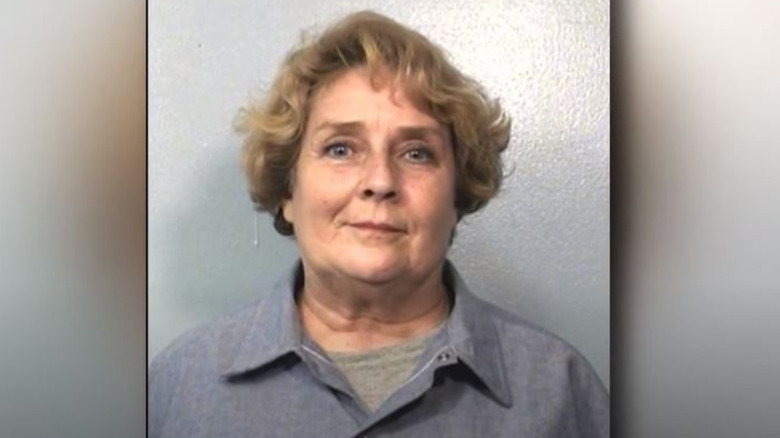Inside Betty Broderick's Life Today
Betty Broderick's murder trial was a national sensation in the early '90s and became the Season 2 topic of "Dirty John: The Betty Broderick Story." In 1991, Broderick was convicted of murdering her ex-husband, Daniel Broderick, and his wife, Linda Kolkena Broderick, per The San Diego Union-Tribune.
Prior to the killings, the former couple was embroiled in a bitter divorce where Betty argued that she financially supported Daniel while he earned his law degree, and he repaid her by shacking up with a younger woman once he found success, per CBS 8. When a judge ruled in 1989 that Daniel pay Betty $16,000 a month — nearly $200,000 a year — in spousal support, she claimed it was insufficient to support the lifestyle she had grown accustomed to, via the Los Angeles Times.
In November of that year, Betty broke into her ex-husband's home and killed him and his wife. The lead detective on the case, Terry Degelder, said to CBS 8, "She was a very angry and bitter woman that the only thing that would satisfy her is getting to take it out on the people that stole [her] life ... It was very cold-blooded and calculated."
Betty and Daniel's children were split about their mother's possible parole in 2010. Kathy Lee Broderick offered her mother a room should she be released, while Daniel Broderick Jr. felt she did not deserve parole, per The San Diego Union-Tribune. Keep reading to see where Betty ended up.
Why Betty Broderick showed no remorse
Betty Broderick was denied parole on three occasions. The last time was in 2017 when a two-person parole board panel voted unanimously to deny the convicted murderer's parole, per The San Diego Union-Tribune.
The 2017 parole hearing lasted nearly 11 hours, and Deputy District Attorney Richard Sachs argued that Betty was devoid of personal accountability for the murders. "Betty Broderick is an unrepentant woman," Sachs told the Union-Tribune at the time. "She has no remorse and zero insight into the killings ... She just basically said they drove me to do this," the lawyer added. The board ruled that Betty would not be eligible for parole for another 15 years unless she met certain requirements.
Later in 2017, a Reelz Channel docu-series titled "Murder Made Me Famous" covered Betty's case. She wrote an impassioned four-page letter to the show's producer arguing that her denied parole was unreasonable. "I have no one to speak for me," Betty wrote, via People. Betty mentioned that "domestic abuse" drove her to commit the killings. "I have met all criteria for parole and my release date was 2010," she added. "Now I am only a political prisoner. They have no reason to deny my parole."
According to lead detective Terry Degelder, Betty's legal team had petitioned for a compassionate release in 2019 citing her ailing health, per CBS 8. At the time, Betty's release was not granted, and her next parole hearing was slated for 2032.


